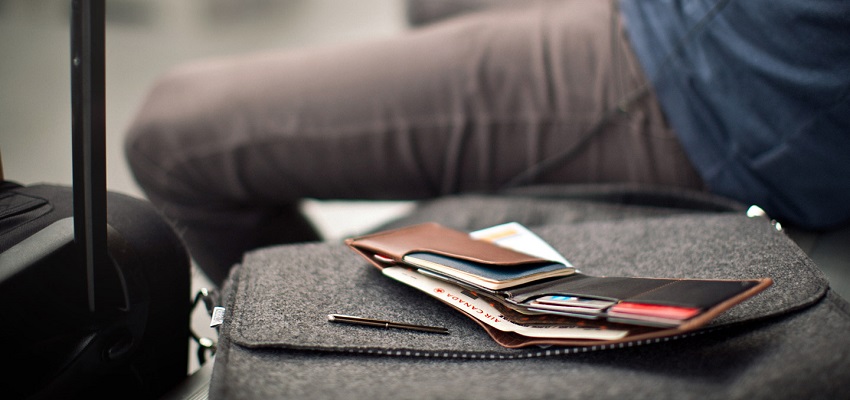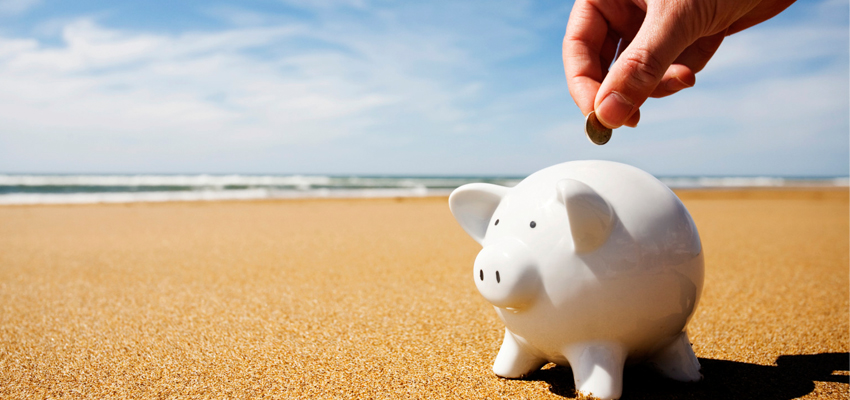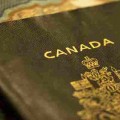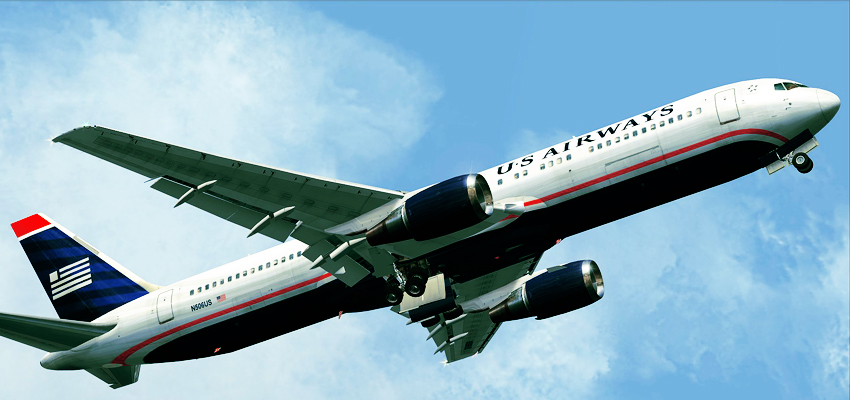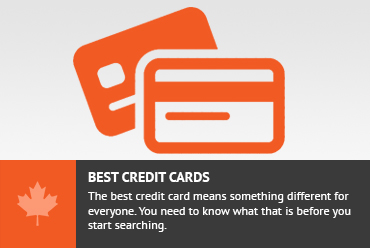Preparing to travel long-term is daunting. There is so much to do and organize before you leave to make life on the road easier (and in some cases simply possible), that it’s easy to lose sight of the forest through the trees.
Dear Nora:
I’m getting ready to travel long-term, but I’m totally overwhelmed and afraid I’m going to forget something important before I leave. I need a checklist of things to do to feel ready to jump off the cliff and travel long-term, like a how-to tutorial. – Kathleen
Kathleen, a checklist is a great idea! I’ve written (many times over) about various aspects of preparing to take to a life on the road, but I’ve never put it all together into a checklist of things to do before you travel long-term. Alas, here it is:
Preliminary Items
(Long) before you leave home, you’ve got some work to do. Here’s an overview:
Get out of Debt
When I started traveling full-time, my partner at the time had a debt-load that he couldn’t eliminate before we left Canada. Without a steady income-stream to cover his debt, this was problematic on the road. Do yourself a favour and ensure you’re debt-free before you start travelling – or make sure you have a steady income stream that can easily cover your monthly payments.
Establish Your Blog/Online Business
Many people who travel long-term have visions of an online business or blog that will subsidize their travels. What they don’t anticipate is the amount of time it takes to establish the foundations of such a business before it actually starts making money. In my first two years of full-time travel, I wrestled with getting my own online business off the ground (in addition to learning the nuances of full-time travel on a budget), and it was problematic. Before you leave home, establish the foundations of your online business.
(For more information on ways to earn money abroad, see 11 Ways to Earn Money While You Travel)
Talk to Your Employer
You might have a decent job and good employer that you’d be sad to lose despite your burning desire to travel. Instead of keeping them in the dark until the last minute and simply quitting, try talking to your employer. You might be able to work out a sabbatical or unpaid leave of absence, or your employer might even be willing to have you telecommute from abroad.
Much to my own surprise, when I announced to my manager that I was selling everything to travel full-time, he said he could arrange for somebody to cover my practice for me for as long as I wanted to travel so I could return to my clients whenever I “got this travel thing out of my system”. I knew I needed a complete change and politely declined his offer, but I hadn’t anticipated his flexibility and understanding; if you like your job and want to return to it, see what you can do to keep it.
Apply for Credit Cards Before You Quit
We’ll talk more about the kinds of credit cards you’ll want to apply for later on, but for now, if you are quitting your job, be sure to apply for any credit cards you want to travel with before handing in your resignation, otherwise you might not qualify later on.
(For more information, see: Financial Travel Tip #87: Apply For Credit Cards Before You Travel).
Decide What to do With Your Stuff (and do it)
Depending on how long you plan to travel for (and what your situation is at home), you may need to get rid of some stuff. Following are your options (you can employ a combination thereof):
- Sell it (this can be a cathartic process, and saves you the hassle of storing it if you don’t have an easy place to store everything or don’t plan to return to the same town to live again).
- Store it (unless you have an easy/cheap/free place to store your belongings, make sure it’s worth the extra expense of renting storage space while you travel).
- Keep it (if you have a home you plan to return to where you can continue to keep your stuff, go for it. Either way, there will be some things you’ll need to keep, such as official documents and mementos that are invaluable to you).
Knowing I probably wouldn’t live in Toronto again, I sold everything I owned over a three-month period – with the exception of six boxes of items (like paperwork and “priceless” mementos), which a family member is keeping safe for me.
Sorting Your Finances and Paperwork for Travel
This is the logistical stuff that can bog you down and overwhelm you the most before travelling. Just work through this checklist and you’ll be fine:
Designate an Official Representative
I explain this in more detail in my post about managing finances while travelling long-term, but it bears repeating; if you can, give somebody you trust at home your important information to have on hand as a back-up, as well as the ability to advocate on your behalf if needed while you’re abroad and/or indisposed.
Make Copies of Your ID and Official Documents
Make paper copies of your ID such as your passport, insurance (more on this shortly), and driver’s license. Give a copy to your official representative for safe keeping, and a copy to your travel companion if you have one. I also have an extra copy of my passport in my wallet, so when I arrive at a destination, I can lock my passport away and just go out with the copy.
(In addition to all this, I have encrypted electronic backup copies of everything stashed smartly; for more information, see Total Travel Protection With the USB Stick Trick).
Eliminate Your Mail
You won’t be able to eliminate all your mail, but most bills and statements can be received electronically. Monitor all your mail that comes in over the three to six month period before you leave, and contact the senders to either be removed from their mailing lists or switched to email.
Sort out a Mailing Address
If your official representative isn’t a viable mailing address (or is unwilling/unable to screen your mail to let you know if something important comes in), you’ll need to set up a virtual mailing service.
(For more information, see: Financial Travel Tip #109: Virtual Mailing Services).
Set up Online Banking
In order to manage your finances from abroad you’ll need to establish online banking, and ensure your debit card is foreign-ATM-friendly with a four-digit PIN. A reader of mine hadn’t anticipated that foreign ATMs limit access to viewing accounts and performing certain transactions like transfers between accounts; thus, she was stranded abroad without money by not having online banking set up.
(For more important ATM tricks and lessons, see 21 ATM Mistakes to Avoid When Travelling).
Automate Ongoing Bills
If you have ongoing expenses such as debt payments or bills that require regular payments, automate them via credit card or direct debit so you don’t have to worry about payment deadlines and bank transfers while juggling time differences and travel circumstances that might prevent you from completing the transaction on time.
Choose Travel-Friendly Credit Cards
Having mentioned earlier that you should apply for any new credit cards before quitting your job, you also have the task of selecting credit cards that will serve you well on the road. Two main considerations are eliminating foreign exchange fees (which are invisibly charged by the credit card company and can range up to 3%), and/or frequent flyer mile credit cards that allow you to accumulate miles to subsidize your flights.
For frequent flyer mile credit cards, see these Five Best Travel Rewards Credit Cards for Canadians.
(See also: Dear Nora: Tips for Travelling With Credit Cards)
Check What Travel Insurance is Automatically Offered by Your Credit Card
Many credit cards automatically offer certain kinds of travel insurance when you book that travel on the card. For example, when renting a car you can decline the rental agency’s comprehensive insurance (which can cost an extra $30/day) by simply charging the expense to your credit card with the same automatic coverage. Call your credit card company to see exactly what insurance is offered, and make a note of the insurance company name and contact information in case you need to make a claim.
(For more information on what kinds of insurance you might have and what to ask the credit card company, see The Ultimate Guide to Travel Insurance for Canadians).
Get an Accountant who can Help you While Abroad
If you’re travelling for years, you’ll need to file taxes in Canada while you’re abroad. Establish a relationship with an accountant who can work with you remotely to file your taxes while you’re traveling.
(For more information on how to file taxes from abroad, see Filing Taxes as a Digital Nomad: Everything You Need to Know).
Planning Your Trip
In the process of planning your trip, you’ll need to address the following items:
Travel Insurance
The kind of travel insurance you need depends on how long you plan to travel. You might need travel insurance or expat insurance; to determine your needs, read: Expat Insurance vs Travel Insurance.
For straight travel insurance (which is what most people need, at least initially), World Nomads is a popular, cost-effective, and comprehensive choice.
Research Visa Requirements
Visa requirements vary depending on where and how you travel. Some are stamped-in on arrival, and others require application in advance. If you’re under 30 and interested in working abroad, you’ll want to consider working holiday visas, otherwise here is some more information on navigating tourist visas: Travel Visa FAQs.
Formulate Your Packing List
It took me years to reduce my travel entourage to carry-on size, but the less you can start off with, the better it will serve you on the road. Before you buy all kinds of “travel gear” that you simply must have, beware: here are 26 things you probably shouldn’t travel with.
(For more packing tips: How to Travel Ultralight With Carry-On Luggage Only)
Get an Unlocked Phone
An unlocked phone into which you can insert local SIM cards from around the world will serve you well while travelling, and it costs a fraction of the price of taking your home cell phone plan abroad.
Figure out How to Stay in Touch with Family/Friends at Home
Some family members might worry about you travelling the world and want to know they can reach you (and vice versa) in a pinch. With a data plan and local SIM card in your unlocked phone, you can instant message with family and friends (Whats App is good for this), and with your phone or computer/tablet you can do free video/voice calls over WiFi with services like Skype and Viberr. You can also give your family/friends your local phone numbers as you get them so they can call you abroad whenever they need to.
Determine What Technology to Travel With
In addition to your phone (which for most travellers is non-negotiable), you’ll also want to consider a camera (or a really good smartphone camera) and a tablet or computer. If you just want to do some light surfing, store photos, and keep in touch with people at home, a tablet may suffice. If you are running an online business, a more powerful laptop or ultrabook will be necessary.
And now, you’re ready to take to the road! Happy travels…
long-term travel, travel checklist

